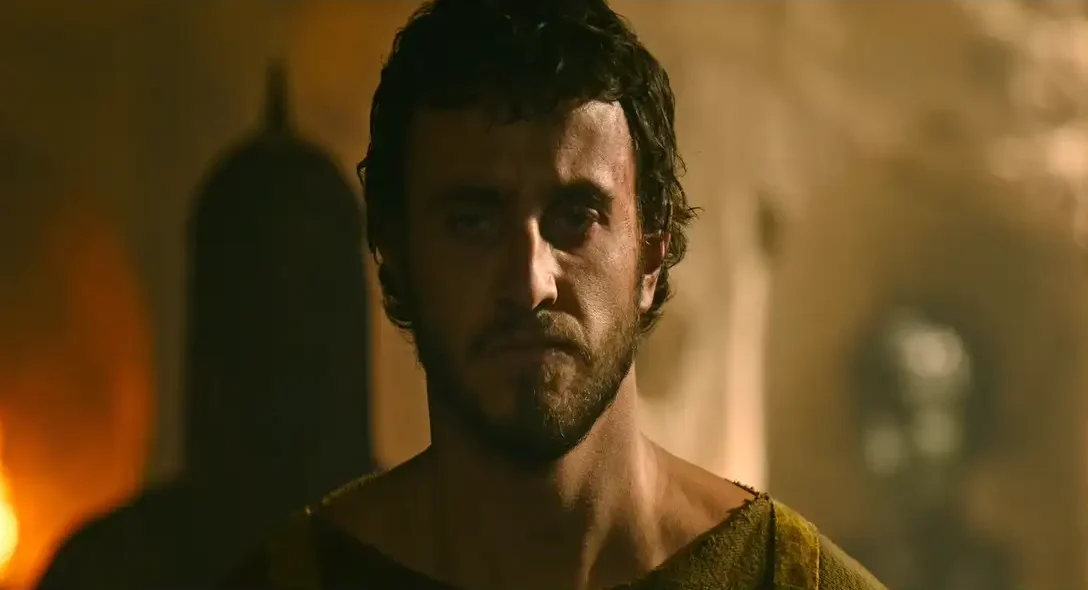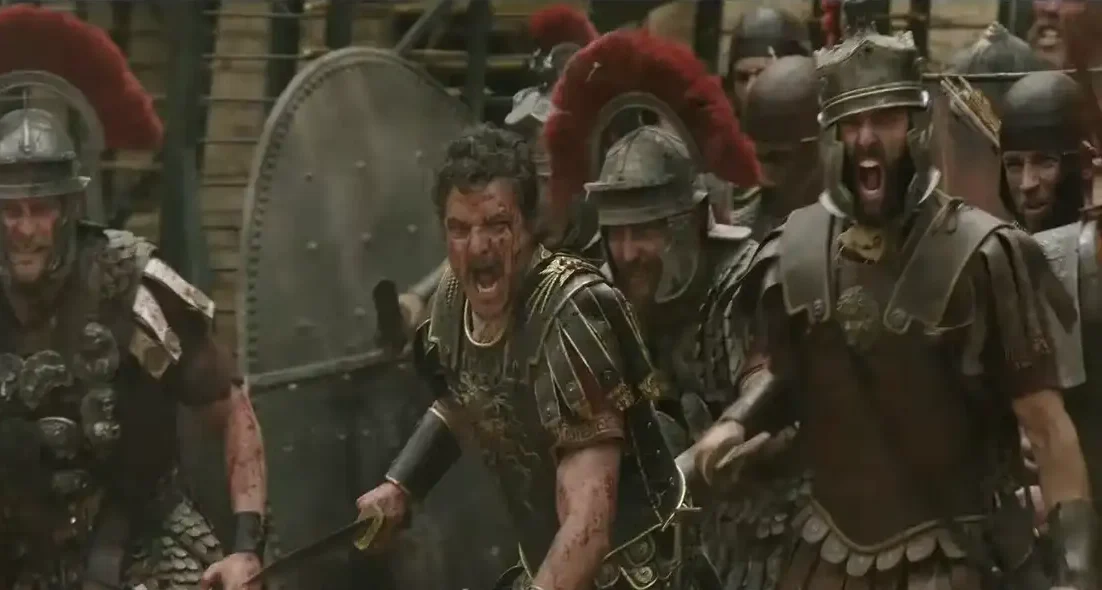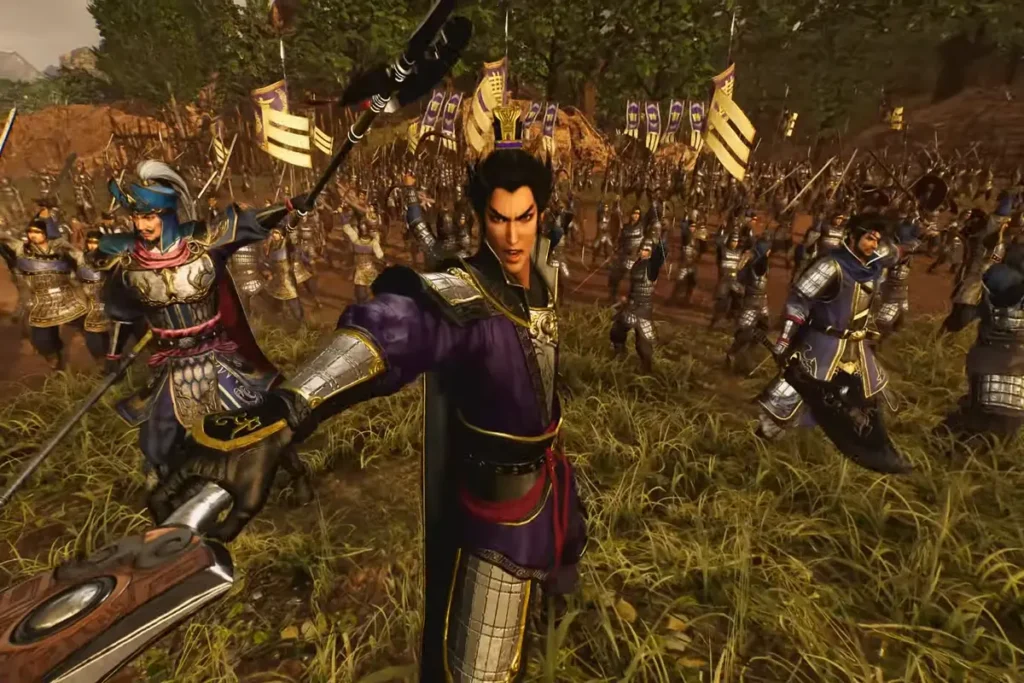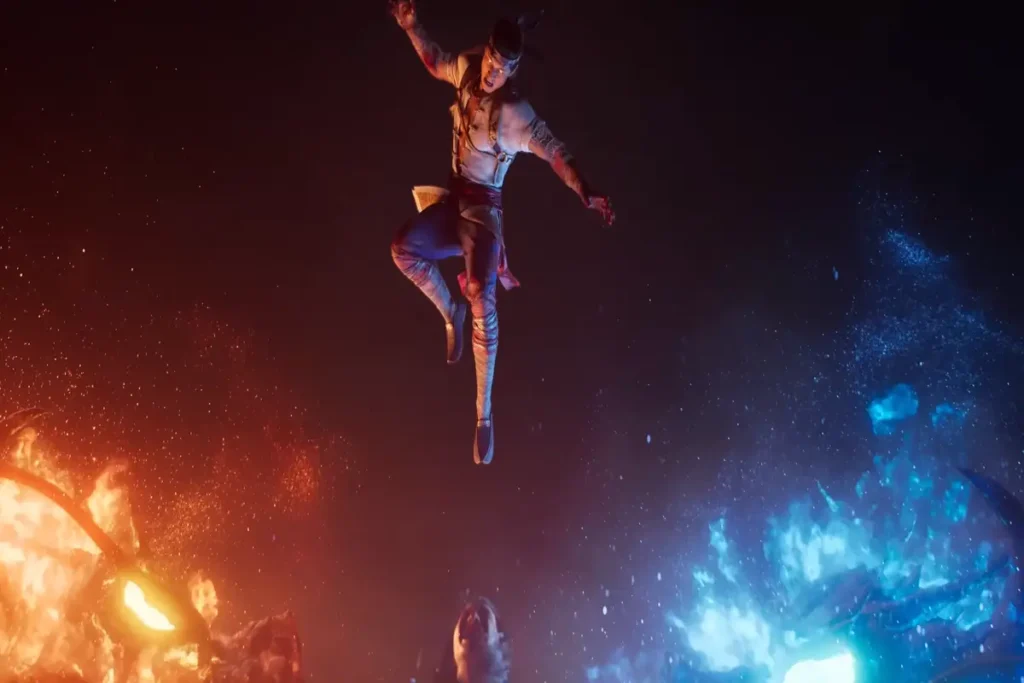Summary:
- Gladiator 2 showcases Maximus’s tragic legacy and Lucius’s rise to leadership.
- Maximus’s journey centers on revenge and sacrifice, culminating in his death.
- Lucius’s story explores identity, leadership, and reclaiming heritage.
Gladiator 2 explores two divergent paths shaped by the brutality and grandeur of ancient Rome. Maximus Decimus Meridius, a fallen general turned gladiator, seeks vengeance and justice, while Lucius, his son, confronts his heritage to become a leader.
Maximus’s Journey: Revenge and Sacrifice

From General to Gladiator
Maximus Decimus Meridius, portrayed by Russell Crowe, starts as a respected Roman general betrayed by Commodus. Refusing to serve under him, Maximus is enslaved and thrust into the gladiatorial arena, driven by a thirst for vengeance after the brutal murder of his family.
Quest for Justice
Maximus’s arc revolves around personal loss. His encounters in the arena reflect his resilience and focus on avenging his loved ones. Ultimately, his battle culminates in a climactic fight against Commodus, leading to his death—a poignant end underscoring his sacrifice for Rome’s ideals.
Legacy of Honor
Maximus’s journey represents themes of duty, honor, and sacrifice. His death secures a symbolic victory, inspiring future generations to uphold justice. Though his life ends tragically, his actions reshape Rome’s political landscape and leave an enduring impact.
READ MORE: Why the Wicked Movie Received a Unique Trigger Warning
Lucius’s Journey: Identity and Leadership

From Child to Warrior
Lucius, played by Paul Mescal, begins his story as a child in Gladiator and reappears as a young man navigating the aftermath of Maximus’s death. Sent to Numidia for safety, he adopts the name Hanno, distancing himself from the Roman Empire’s turmoil.
Reclaiming Heritage
As Lucius learns about his lineage as the son of Maximus and Lucilla, his journey becomes one of self-discovery. Unlike Maximus, who opposes Rome, Lucius must reconcile his resentment with his destiny within the empire. His symbolic acceptance of his father’s sword and armor marks his transformation.
Emerging as a Leader
Lucius’s defining moment arrives when he confronts Macrinus and declares himself Rome’s prince. This act represents his decision to embrace leadership and strive for justice within the empire, continuing his father’s vision while forging a distinct path of progress and unity.
READ MORE: Dragon Ball DAIMA: Goku’s Edge Over Superman Explained
Vengeance vs. Leadership in Gladiator 2

Personal Loss and Shared Motivations
Both Maximus and Lucius are shaped by personal tragedies. While Maximus channels his pain into a quest for revenge, Lucius turns toward rebuilding and leading Rome. This shift reflects a broader narrative transition from individual vengeance to collective progress.
Survival vs. Responsibility
Maximus’s story is one of survival against overwhelming odds, defined by external battles. In contrast, Lucius grapples with internal struggles—balancing his identity as a prince and gladiator while learning to wield authority for Rome’s future.
Carrying Forward the Legacy
Lucius’s path honors Maximus’s ideals but shifts focus to building a better Rome. While Maximus fights for justice through rebellion, Lucius takes on the complexities of leadership to enact lasting change.
Stay updated with the Latest News and Stories, follow us on our social media platforms.
You can follow us on:
Stay Connected!! Join our Whatsapp Channel
















